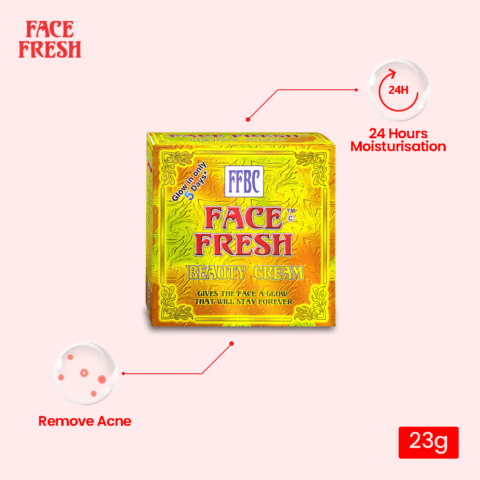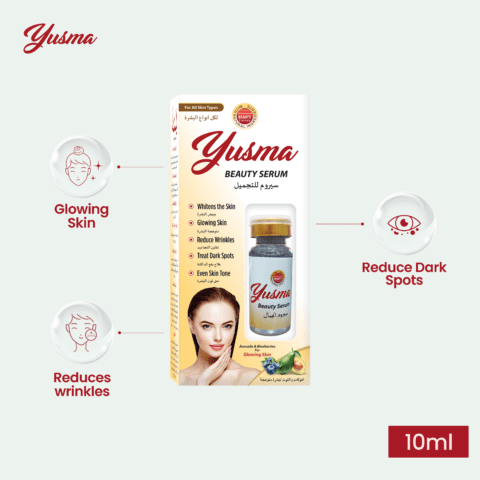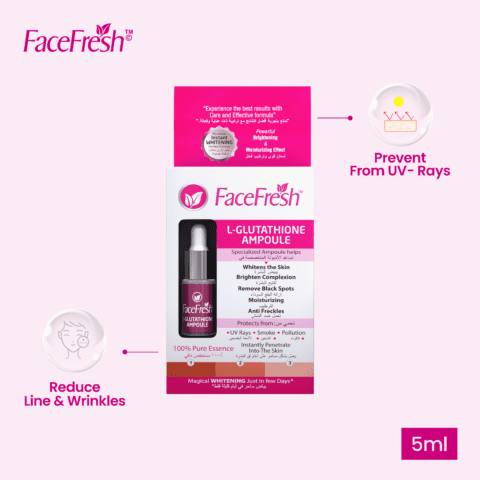Sensitive skin requires special attention and care to maintain its health and beauty. If you find that your skin becomes easily irritated, experiences redness, dryness, or discomfort when exposed to certain products or environmental factors, you likely have sensitive skin. In this article, we will explore the best practices and techniques for handling sensitive skin and achieving a calm, radiant complexion.
Introduction
Having sensitive skin can be challenging, as it requires being mindful of the products and practices that come into contact with your skin. This article aims to provide you with valuable insights and recommendations to help you effectively manage and care for your sensitive skin.
Understanding Sensitive Skin
Sensitive skin is characterized by its heightened reactivity to external factors, such as certain ingredients in skincare products, weather conditions, or allergens. It tends to be more delicate and prone to irritation compared to other skin types. Understanding your skin’s specific sensitivities and triggers is crucial in developing a suitable skincare routine.
Common Triggers for Sensitive Skin
- Environmental factors: Extreme temperatures, pollution, and harsh weather conditions can aggravate sensitive skin.
- Fragrances and dyes: Synthetic fragrances and dyes commonly found in skincare and cosmetic products can cause irritation.
- Harsh ingredients: Certain chemicals like sulfates, parabens, and alcohol can strip the skin’s natural moisture barrier, leading to sensitivity.
- Allergens: Pollen, pet dander, and other allergens can trigger allergic reactions in sensitive skin.
- Stress: Emotional and physical stress can exacerbate skin sensitivity.
Best Practices for Caring for Sensitive Skin
To effectively handle sensitive skin, consider incorporating the following best practices into your skincare routine:
1. Choosing the Right Skincare Products
- Look for products specifically formulated for sensitive skin, labeled as fragrance-free, hypoallergenic, and non-comedogenic.
- Avoid products containing harsh ingredients like alcohol, sulfates, and artificial fragrances.
- Perform patch tests on a small area of skin before using new products to check for any adverse reactions.
2. Gentle Cleansing Techniques
- Use a mild, fragrance-free cleanser that won’t strip away natural oils or irritate the skin.
- Opt for lukewarm water instead of hot water when washing your face, as hot water can be drying and aggravating.
- Pat your skin dry with a soft towel instead of rubbing it vigorously.
3. Moisturizing and Hydrating
- Choose a gentle, hydrating moisturizer suitable for sensitive skin.
- Apply moisturizer immediately after cleansing to lock in moisture.
- Consider using a facial oil or serum with soothing ingredients like chamomile or aloe vera to provide extra hydration and calmness.
4. Sun Protection for Sensitive Skin
- Shield your skin from harmful UV rays by wearing a broad-spectrum sunscreen with at least SPF 30.
- Opt for physical sunscreens containing zinc oxide or titanium dioxide, as they are less likely to irritate sensitive skin.
- Wear protective clothing, hats, and sunglasses when exposed to the sun for extended periods.
5. Makeup Tips for Sensitive Skin
- Use mineral-based or hypoallergenic makeup products, as they are less likely to cause irritation.
- Avoid heavy or oil-based foundations and opt for lightweight, breathable formulations.
- Cleanse your skin thoroughly to remove all makeup before bedtime to allow your skin to breathe and rejuvenate.
Lifestyle Changes to Support Sensitive Skin
In addition to a proper skincare routine, certain lifestyle changes can help promote healthy, resilient skin:
- Follow a balanced diet rich in antioxidants, vitamins, and minerals to support overall skin health.
- Stay hydrated by drinking an adequate amount of water daily.
- Manage stress through relaxation techniques, exercise, and sufficient sleep.
- Avoid smoking and limit alcohol consumption, as they can negatively impact skin health.
Avoiding Irritants and Allergens
- Read product labels carefully to identify potential irritants or allergens.
- Stay away from skincare products that contain known allergens or trigger ingredients for your skin.
- Be cautious when trying out new products, introducing them one at a time, and monitoring any skin reactions.
Consulting with a Dermatologist
If you’re struggling with persistent skin sensitivity, it’s advisable to consult with a dermatologist. They can assess your skin condition, provide personalized recommendations, and prescribe suitable treatments or medications if necessary.
Conclusion
Handling sensitive skin requires a thoughtful approach to skincare, focusing on gentle products, proper cleansing techniques, moisturization, sun protection, and being mindful of triggers and irritants. By following the best practices outlined in this article and making suitable lifestyle adjustments, you can achieve a healthy, calm, and glowing complexion.





Leave a comment
Your email address will not be published. Required fields are marked *